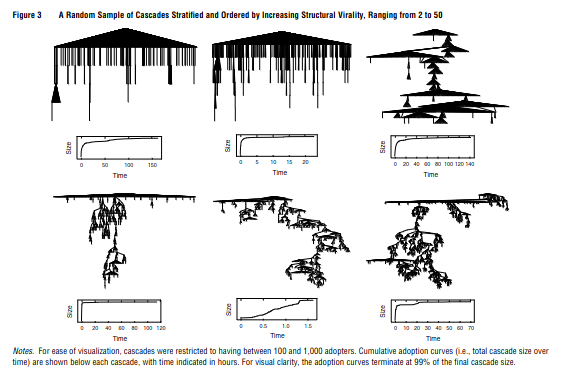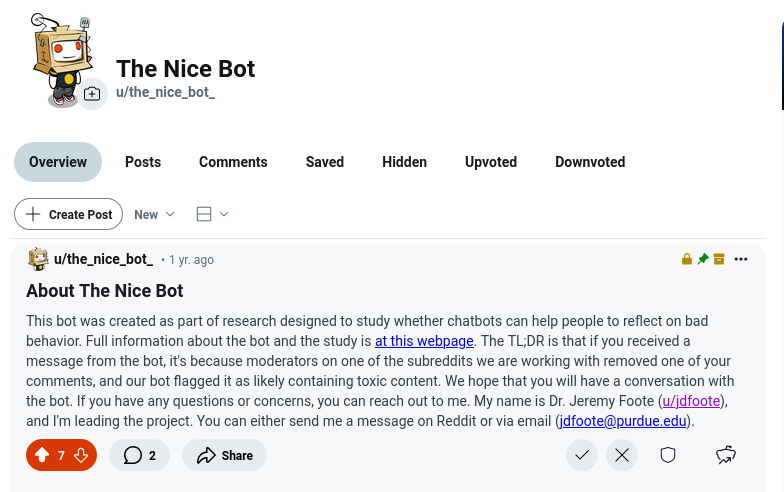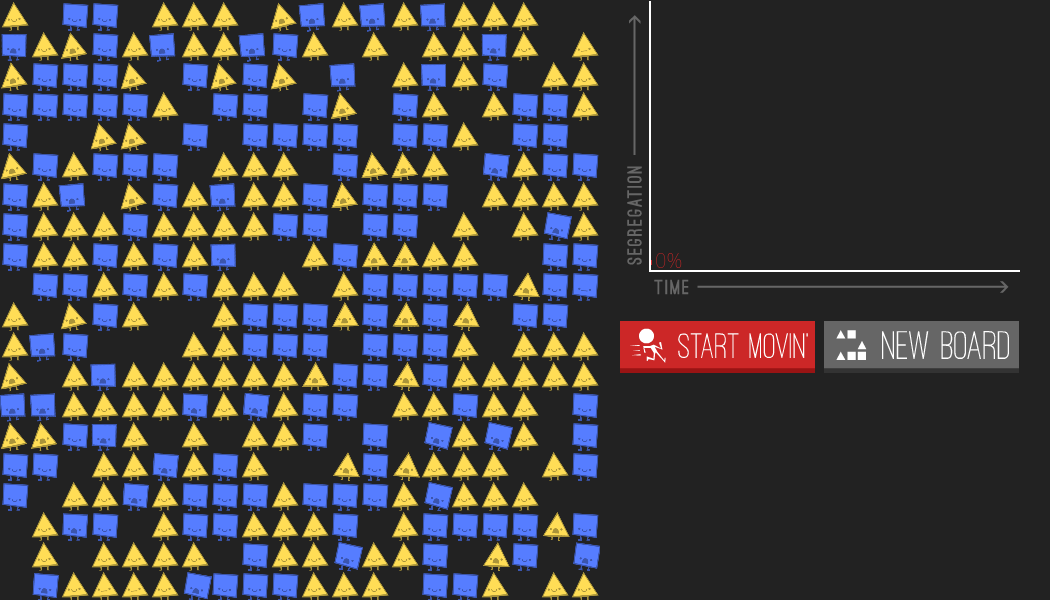Computational Methods for Social and Behavioral Scientists
Jeremy Foote
Brian Lamb School of Communication
2024-11-05
My goals
- Argue that digitization of data is one of the most important changes in social science
- Introduce some computational methods tools and examples of research using them
- Have a conversation and not just a lecture
Digital Data Revolution
- Many of the actions that people take are mediated by digital technologies
- In many cases, these actions are recorded and stored
- Social media
- Online communities
- Phone calls
- GPS locations
- Financial transactions
- Health records
Digital Data Revolution
- These data are often:
- Big
- Always-on
- Non-reactive
- Temporally fine-grained
- Rich
- They allow us to study people as they act, making real decisions, at scale
Salganik, M. (2018). Bit By Bit
Computing Revolution
- The cost of storing and analyzing data has plummeted
Computing Revolution
What is Computational Social Science?
- Broadest version: using computers to help with social science research
- Could include statistical and visualization software, Qualtrics, etc.
- I’ll focus on using computational tools that enable new kinds of research
Data Science vs. Computational Social Science
- Imagine some sort of social process; we might represent it as:
- \(\hat{Y} = \mathbf{\hat{\beta}} \mathbf{X} + \epsilon\)
- Data science (and particularly machine learning) is often interested in prediction
- Caring about \(\hat{Y}\) rather than \(\hat{\beta}\)
- Computational social science is typically interested in explanation and understanding (correctly estimating \(\hat{\beta}\))
Data Science for Social Scientists
- Sometimes scientists are interested in prediction
- E.g., Classifying people or texts
- Machine learning methods can also be used for:
- Reducing dimensionality
- Avoiding overfitting
- Generating hypotheses
Discussion Pause
- Are there ways that machine learning is used in your field?
- Are there ways that you think it could be?
Examples of Computational Social Science
Large-scale analyses
Large-scale analyses
- Goel et al. looked at over 1 billion tweets to study how information spreads

Large-scale analyses
- Really important opportunities for studying groups, which are often expensive and difficult to study
- E.g., Our paper looking at the early-stage structures of ~1,000 wiki communities
Computational Text Analysis
- Reading and analyzing texts takes a long time!
- Automated methods can quickly analyze vast amounts of text
- Inductive methods (unsupervised)
- Topic modeling
- Word embeddings
Computational Text Analysis
- Deductive methods (supervised)
- Sentiment analysis
- Named entity recognition
- Classification
Agent-based Modeling
- Using theory, develop of model of how individuals make decisions
- Simulate what happens when many individuals interact
Discussion Pause
- Any questions about these methods?
- Are there ways that you think these methods could be used in your field?
Large-scale field experiments run by computers
- Facebook’s election study
- Inivited 14.6 million users to participate
- ~76K participants
- Our experiments on toxicity and chatbots
- Behavior before and after participating

Citizen Science
- Pre-computers, organizing data was incredibly expensive and difficult

Citizen Science
- Today, we can organize the work of thousands of people fairly easilty
- iNaturalist
- Galaxy Zoo
- Protein folding
- SETI@home
Generative AI tools
- Lots of current research on LLMs
- How will LLMs become part of the social world?
- LLMs as tools for social science research
- Brainstorming partners
- Research assistants (e.g., summarizing papers, classifying texts)
- Editors / reviewers
- Blurring the line betweeen method and collaborator
Discussion Pause
- Any questions about these methods?
- How are you using AI in your current research workflow?
Ethical concerns of Computational Social Science
- People are often unaware of how their data are being used, even if it is “public”
- Data can be used by bad actors
- Really important to balance privacy and research goals
Methodological concerns of Computational Social Science
- Hard to do, especially for really large-scale analyses
- Algorithmically confounded
- Data may be missing or biased in invisible ways
- Data collection processes may change over time in invisible ways
- Nonrepresentative samples
Learn More
- Salganik, M. (2018). Bit By Bit
- Take my class (Spring 2026)

Social Network Analysis